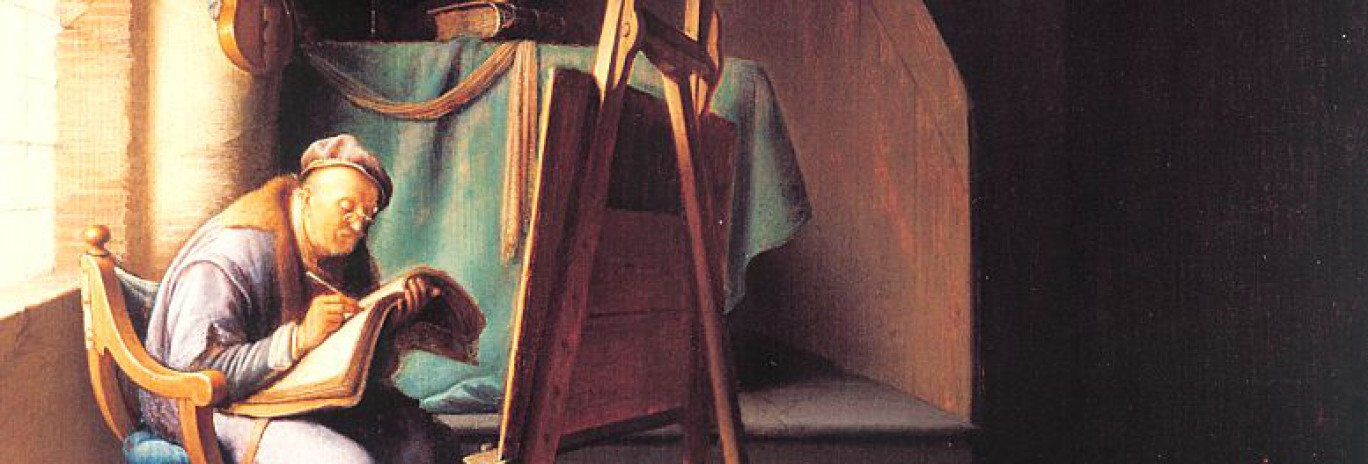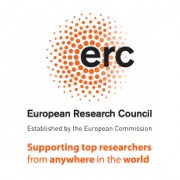Events
TECHNICAL ART HISTORY COLLOQUIUM, 24 October, Utrecht
Lectures by prof. dr. Marcos Martinon-Torres (Department of Archaeology, University of Cambridge) and dr. Maikel Kuijpers (Faculty of Archaeology, Leiden University). Registration not required.
Science-Based Archaeological Connoisseurship
Prof. dr. Marcos Martinón-Torres, Department of Archaeology, University of Cambridge
‘Connoisseurs’ are common in the circles of art historians, dealers and collectors, as reputed art critics with the ‘trained eye’ and authority necessary to assign unsigned works to famous artists. These attribution studies are increasingly supported by evidence derived from scientific analyses. At the same time, archaeological science has a strong tradition of integrating scientific data in the study of humanistic questions related to past technological practice, agency, or craft organisation, but studies focused on the identification of individuals have so far been limited. This talk will introduce science-based archaeological connoisseurship as an approach to archaeological material culture that takes advantage of modern science while remaining grounded on archaeological questions. I will outline results of ongoing projects on Pre-Columbian America and China’s Terracotta Army, where chemical analyses, microscopic examination, geometric morphometrics and spatial statistics are helping us disentangle aspects of apprenticeship, imitation, skill, tradition and craft organisation that may offer interesting points of intersection for art historians and archaeologists.
The Question Concerning Skill: Bronze Age Metalworking from a Craft Perspective
Dr. Maikel Kuijpers, Assistant professor, Faculty of Archaeology, Leiden University
In the history of science and technology the question of whether and how practice and knowledge or craft and science are related is an interesting theoretical and analytical issue. In archaeology it is also a very practical problem, because it is through science that knowledge about prehistoric crafts is generated. In order to bridge the gap between detailed scientific analyses and the observation that skill is fundamentally dependent on the senses I propose the use of perceptive categories. This is a pragmatic approach that appreciates scientific measurements of metal objects as essential empirical evidence whilst recognising that a considerable share of these archaeometallurgical data are inapt or too detailed for an understanding of skill. Taking Bronze Age metalworking as an example and using compositional and metallographic analyses of Early Bronze Age axes, I employ perceptive categories to define the thresholds to categorise and interpret these data and organise them in a chaîne opératoire. In this manner I take on board the human sensory system in the methodology, analysing metalworking from a craft perspective. This update to the well-known chaîne opératoire approach allows for an empirical analysis of skill. The subsequent detailed study of Early Bronze Age axes shows a remarkable variation of skill, forcing us to reconsider particular entrenched views on the Bronze Age economy and the role of metalworkers therein.
The Technical Art History Colloquia are organised by Sven Dupré (Utrecht University and University of Amsterdam, PI ERC ARTECHNE), Arjan de Koomen (University of Amsterdam, Coordinator MA Technical Art History), Abbie Vandivere (University of Amsterdam, Coordinator MA Technical Art History & Paintings Conservator, Mauritshuis, The Hague), Erma Hermens (University of Amsterdam and Rijksmuseum) and Ann-Sophie Lehmann (University of Groningen). The Technical Art History Colloquia are a cooperation of the ARTECHNE Project (Utrecht University and University of Amsterdam), the Netherlands Institute for Conservation, Art and Science (NICAS), the University of Amsterdam and the Mauritshuis. The ARTECHNE project has received funding from the European Research Council (ERC) under the European Union’s Horizon 2020 research and innovation programme (grant agreement No 648718).


